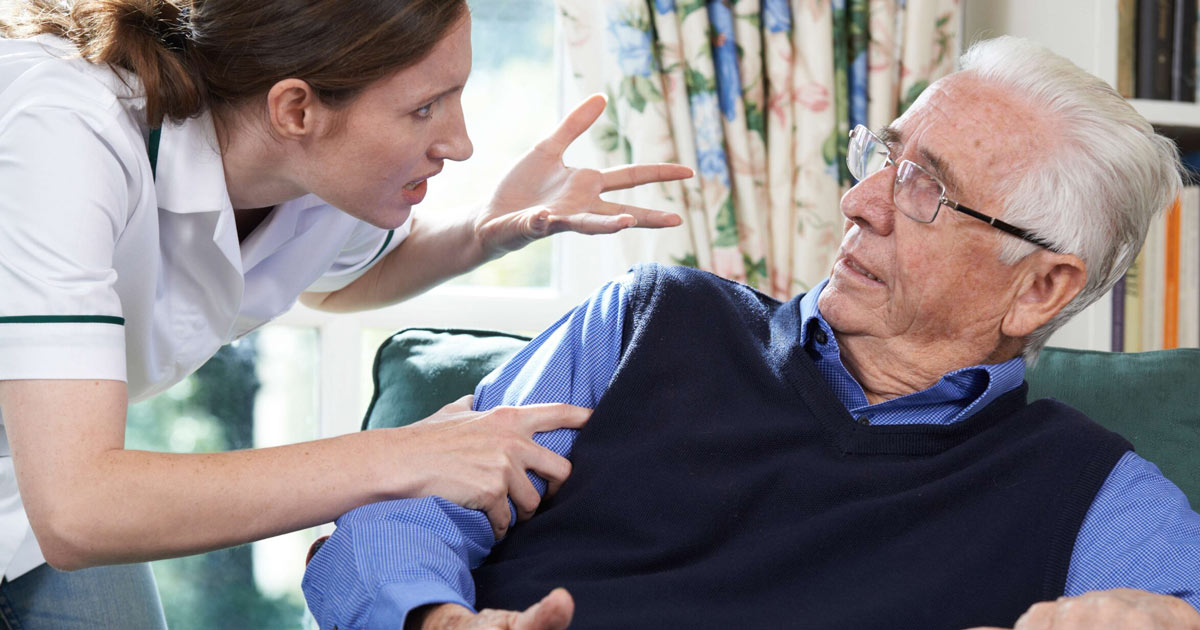Newly released government data has revealed a disturbing rise in euthanasia deaths across Canada, with the province of Quebec now recording the highest “assisted suicide” rate in the world.
According to the 2024–2025 Report of the Commission on End-of-Life Care, deaths under the Canadian government’s Medical Assistance in Dying (MAiD) program accounted for 7.4% of all deaths in Quebec.
The figure marks an alarming 9% increase in just one year.
“The Commission notes that MAiD is in increasing demand and occupies an important place in the public sphere in Quebec,” the report states.
“The Commission rigorously and vigilantly fulfills its mandate to ensure that MAiD requirements are properly applied in Quebec and that MAiD is not chosen as a treatment option when other curative, palliative, or end-of-life care options are unavailable,” it continues.
Despite that assurance, the commission’s findings expose troubling trends.
Half of all of the individuals euthanized had said they felt like a burden to family, friends, or caregivers, while 24% cited loneliness or isolation as reasons for ending their lives.
Even more alarming, the report found that 4% of euthanasia deaths were fulfilled the same day or the next day, leaving little time for medical review or counseling.
The data reveals that the percentage of “assisted suicide” deaths involving a terminal illness is shrinking, while the number of people euthanized for poverty, depression, loneliness, or other non-permanent issues is skyrocketing.
A growing number of people are reporting that they are being pressured or “bullied” into “choosing” euthanasia over more expensive treatments.
As Slay News has previously reported, the Canadian government’s socialized healthcare system is now saving tens of millions of dollars a year by euthanizing patients instead of treating them, creating new incentives under a chilling culture of death.
Lack of Oversight and Transparency
The commission admitted that Quebec has no standardized tools or metrics to evaluate whether palliative care options are being adequately provided.
“There are no management indicators or standardized tools for assessing the quality of palliative and end-of-life care services, how well they meet the needs of patients and families, or how efficiently the system operates,” the report states.
“The Commission therefore cannot determine whether the needs of people who could benefit from such care are being met.”
Despite acknowledging these gaps, the commission stopped short of recommending any halt to euthanasia procedures, stating only:
“We cannot continue to navigate blindly on such a critical issue.”
Quebec Leads the World in Euthanasia Deaths
According to Dr. David Lussier, a geriatrician at the Montreal University Institute of Geriatrics, Quebec now has the highest number of assisted suicide requests globally.
The province has now surpassed both the Netherlands and Belgium, which have long been viewed as world leaders in euthanasia.
Quebec is also pushing to expand access even further.
The province announced plans in 2024 to begin accepting advance requests for euthanasia, allowing individuals to pre-authorize their own deaths, even though such provisions remain illegal under federal law.
One of the province’s newest palliative care centers has also drawn controversy for promoting assisted suicide to terminal and disabled patients, branding it a compassionate “choice.”
National Expansion Under Trudeau’s Liberal Government
The euthanasia surge extends far beyond Quebec.
Since former Prime Minister Justin Trudeau’s Liberal Party government legalized assisted suicide in 2016, the number of Canadians killed by lethal injection has skyrocketed.
In 2021, Parliament expanded eligibility to include those who were not terminally ill but living with chronic conditions.
A later proposal to extend euthanasia to those suffering solely from mental illness faced intense opposition from medical, religious, and mental health groups, prompting the government to delay the measure until 2027.
To date, an estimated 65,000 Canadians have died by euthanasia since legalization, including roughly 16,000 deaths in 2023 alone, according to official figures.
Advocates warn the real total may be even higher, given growing concerns over incomplete reporting and opaque data collection.
A Nation on a Dangerous Path
Once justified as an option for the terminally ill, Canada’s euthanasia program has rapidly evolved into one of the most permissive in the world, allowing lethal injections for those suffering from loneliness, poverty, or psychological distress.
As Quebec’s numbers climb and oversight remains lacking, critics argue that what began as a “compassionate choice” has become a system of quiet elimination, targeting society’s most vulnerable under the guise of mercy.
With calls mounting for reform, many are raising concerns about how far Canada will go before the world says it has gone too far.
READ MORE – Canadian Man Devastated After Government Euthanizes Both Grandmothers

Our comment section is restricted to members of the Slay News community only.
To join, create a free account HERE.
If you are already a member, log in HERE.